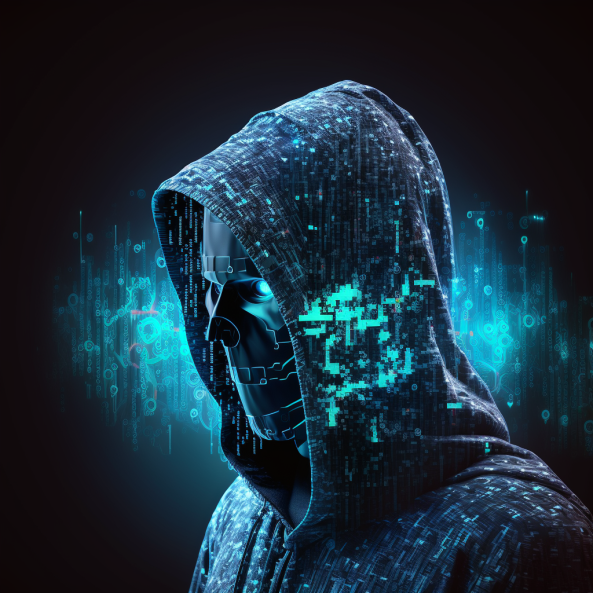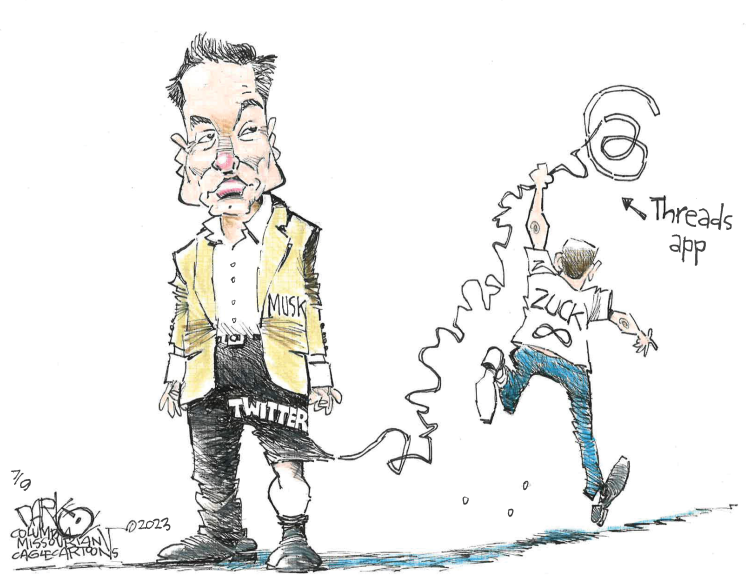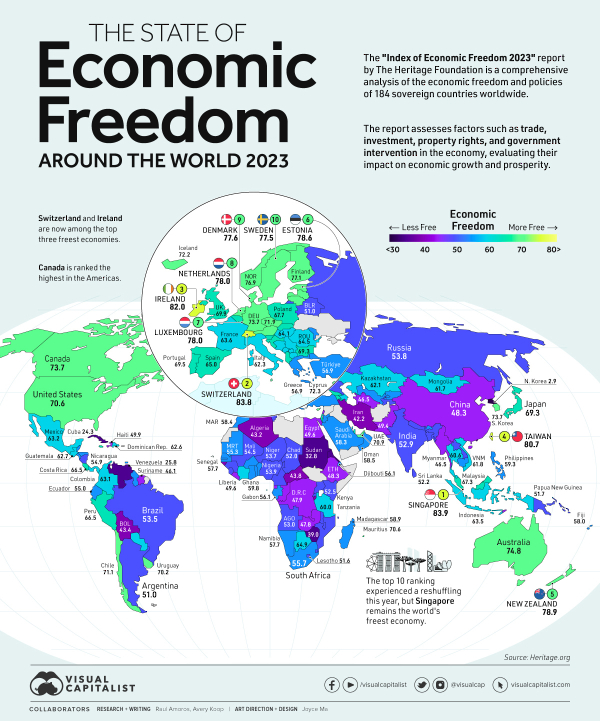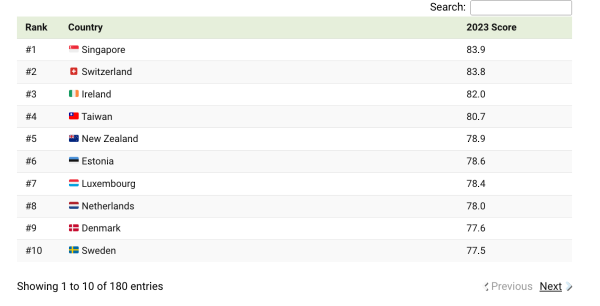Fear is a natural response to change or the unknown, serving as an evolutionary mechanism designed to safeguard us. However, it’s also worth noting that many of our fears turn out to be unjustified.
Sometimes, however, fear is a much-needed early warning system.
In the context of AI hacking, you should be afraid. Given the exponential growth in technology and artificial intelligence, concerns about security breaches and intentional misinformation campaigns have become common.

In 2016, DARPA created the Cyber Grand Challenge to illustrate the need for automated, scalable, machine-speed vulnerability detection as more and more systems—from household appliances to major military platforms—got connected to each other and the internet. During this event, AI systems competed against each other to autonomously hack and exploit vulnerabilities in computer programs. The competition revealed the unprecedented speed, scope, scale, and sophistication with which AI systems can find and exploit vulnerabilities.
And that was seven years ago.
AI hackers operate at superhuman speeds and can analyze massive amounts of data, enabling them to uncover vulnerabilities that might elude human hackers. Their ability to think differently, free from human constraints, allows AI systems to devise novel hacks that humans would never consider. This creates an asymmetrical advantage for AI hackers, making them formidable at infiltrating and compromising systems.
We expect people to use AI for malicious purposes intentionally, but unintentional AI hacking arises when an AI autonomously discovers a solution or workaround that its creators did not intend. This type of hack can remain undetected for extended periods, amplifying the potential damage caused.
So, how do we stop it?
Ironically, or perhaps, exactly as you would expect it, AI itself holds the key to defending against future attacks. Just as hacking can drive progress by exposing vulnerabilities and prompting improvements, AI hackers could potentially identify and rectify weaknesses in software, regulations, and other systems. By proactively searching for vulnerabilities, they can contribute to making these systems more hack-resistant. This is the paradox of AI hacking.
It’s the same concept as I mentioned in the article on potentially halting the creation of generative AI.
Unfortunately, when you invent the car, you also invent the potential for car crashes … when you ‘invent’ nuclear energy, you create the potential for atomic bombs. That’s not a reason to stop innovation – it’s a call to action for innovators to respond faster and counteract the bad actors.
We can’t stop bad actors from existing – but we can get better at preventing harm due to them. This is a helpful framework for innovation. If you want to stop the bad actors from misusing a technology, the good actors "simply" have to get better at using the technology faster.
The best way to stop negative motion is with positive motion. But, we can also make moves in the background to counteract bad actors and bad actions.
For example:
- Regulation and Transparency: Regulatory frameworks can be established for AI technologies that demand transparency regarding how they function and how they’re secured.
- Ethical Guidelines: Implementing ethical guidelines for AI development can help prevent misuse.
- Cybersecurity Measures: Enhancing cybersecurity protocols and utilizing state-of-the-art encryption methods could make AI systems more resilient against hacking attempts.
- Education: Increasing public understanding of AI technologies would spread awareness of their benefits alongside potential risks.
While these measures won’t eliminate the potential risk of AI hacking, they could significantly mitigate it and provide reassurances about employing such technologies.






